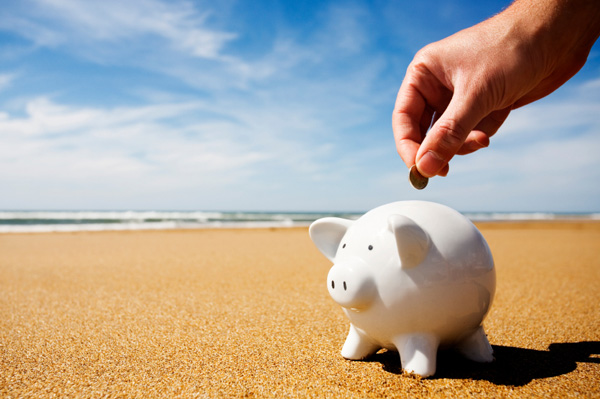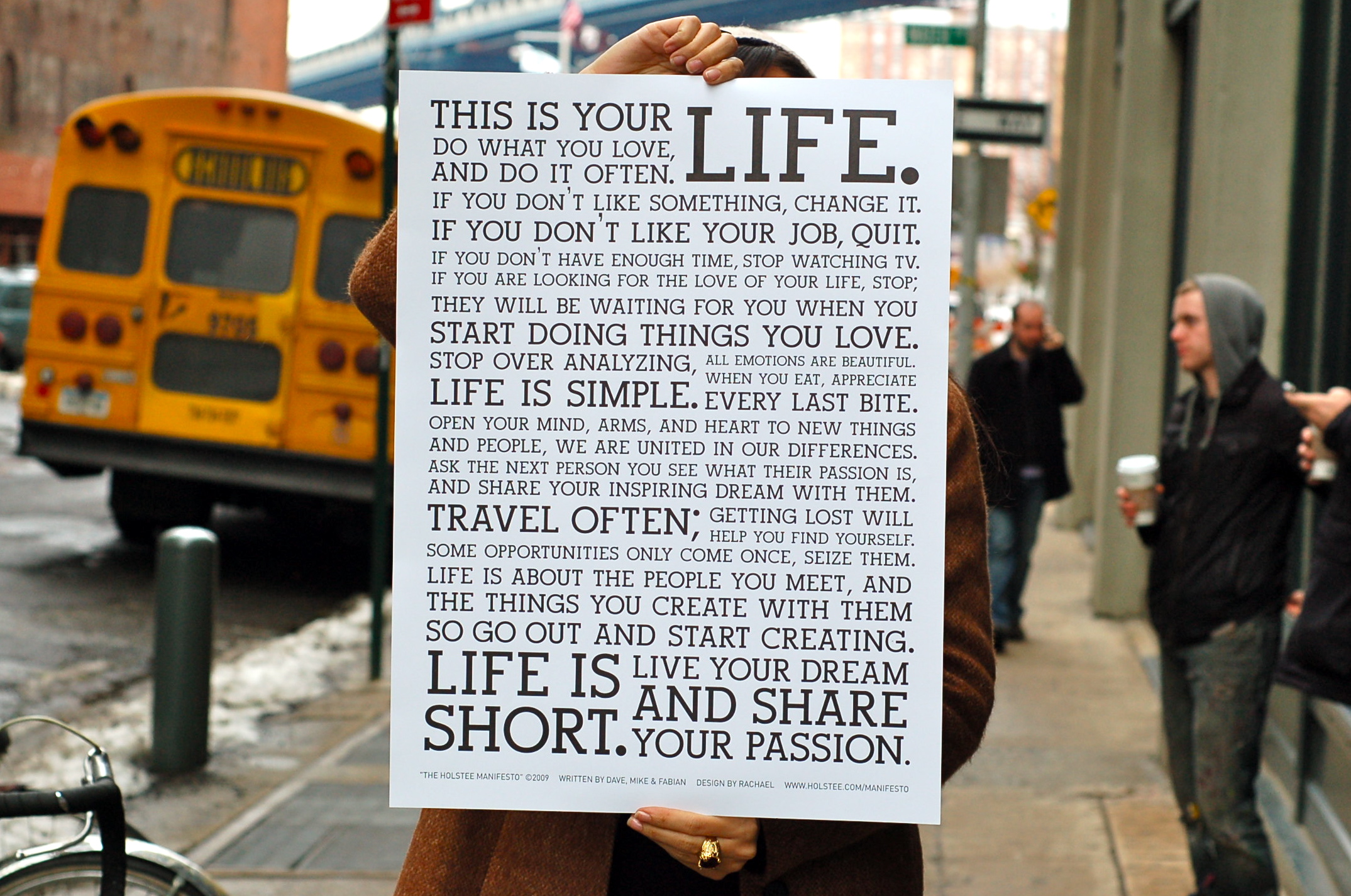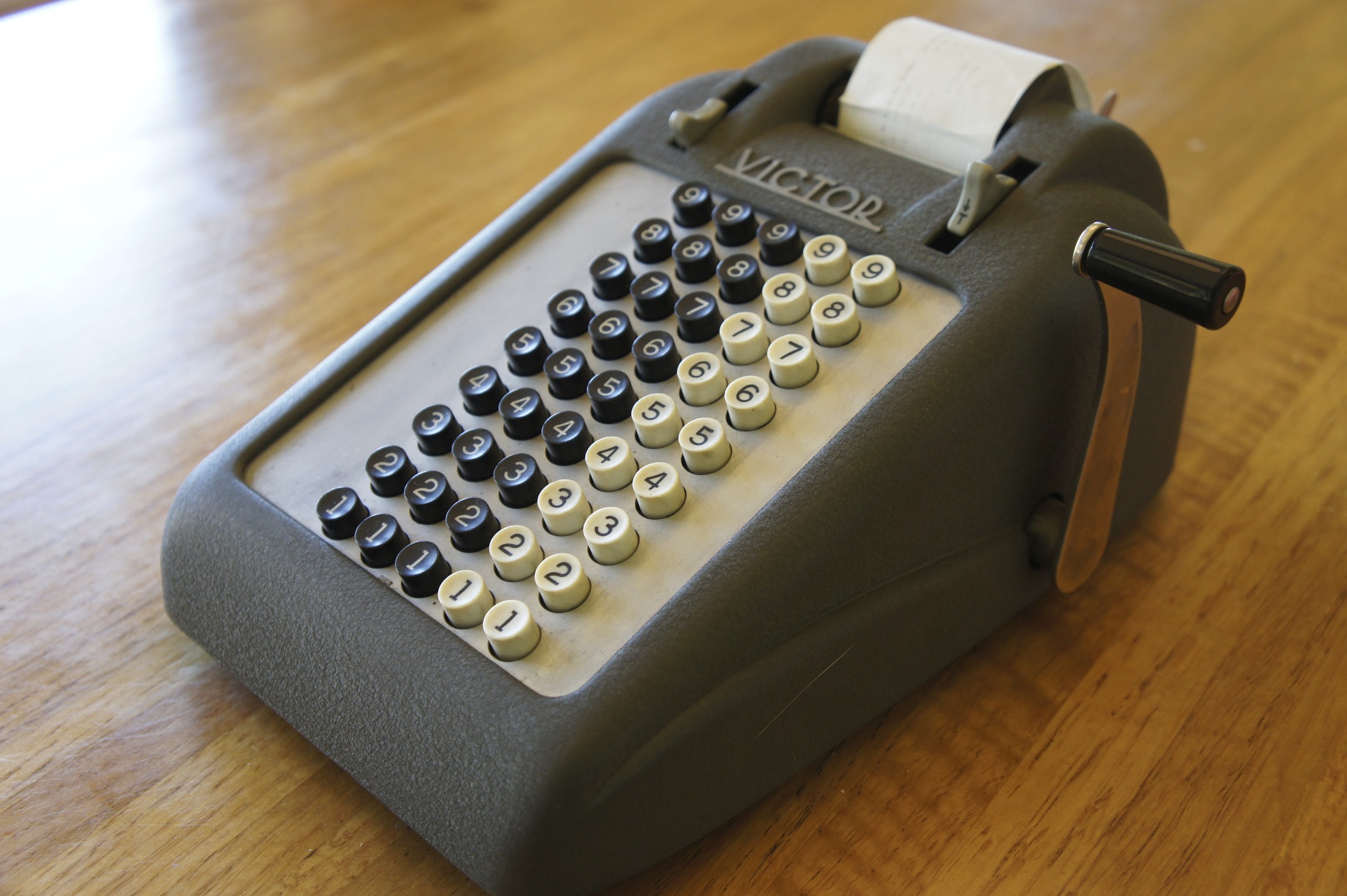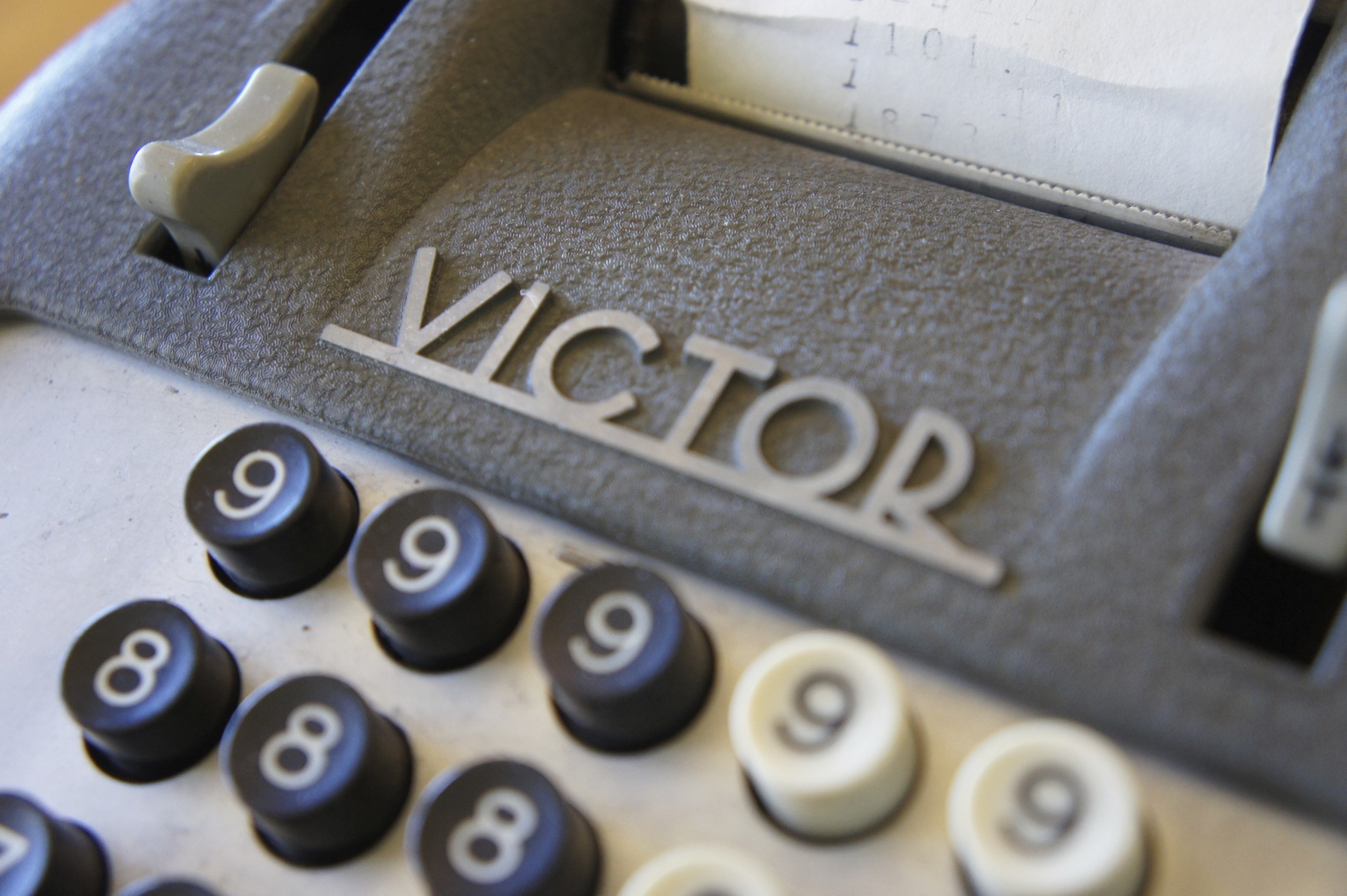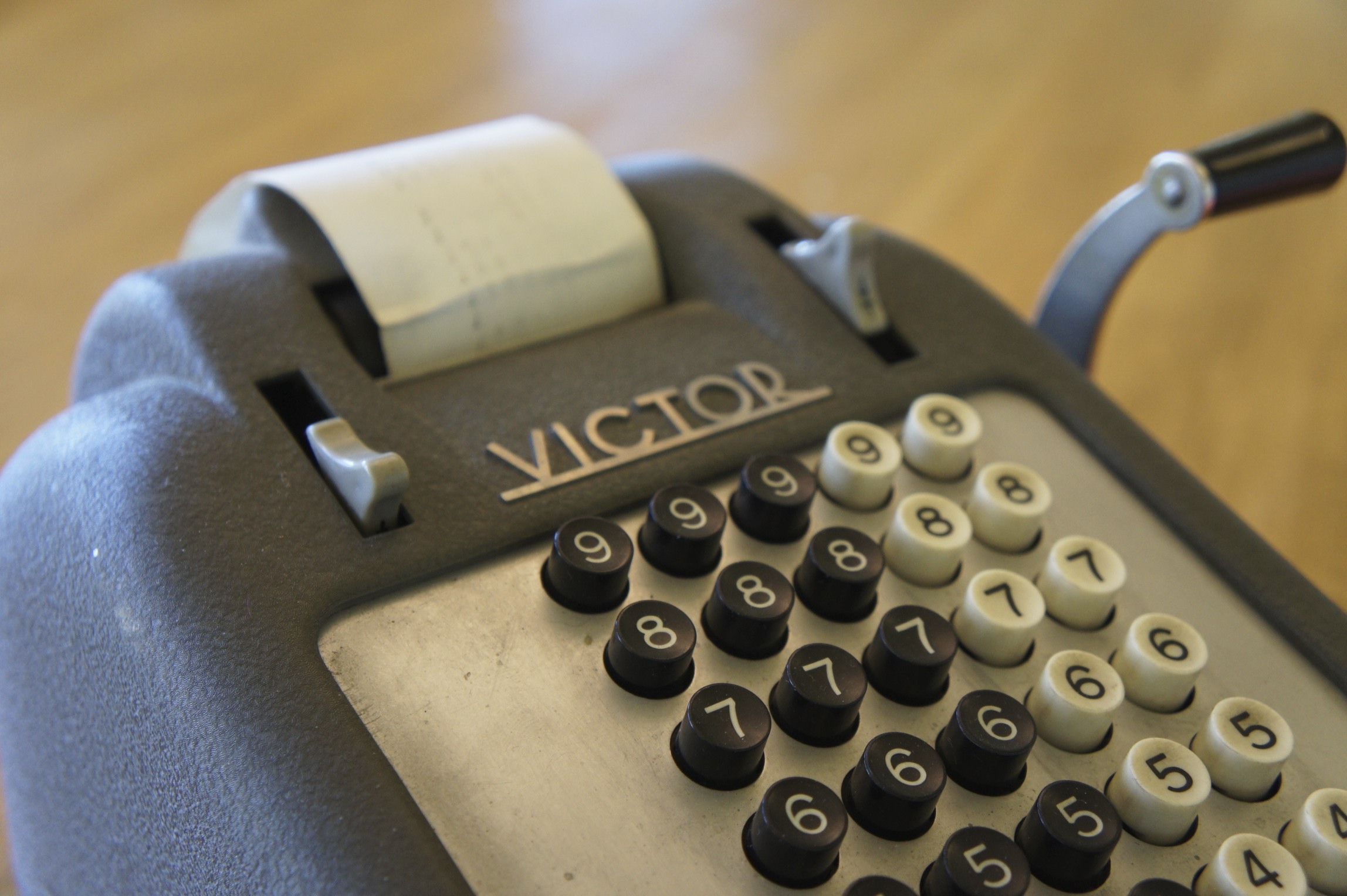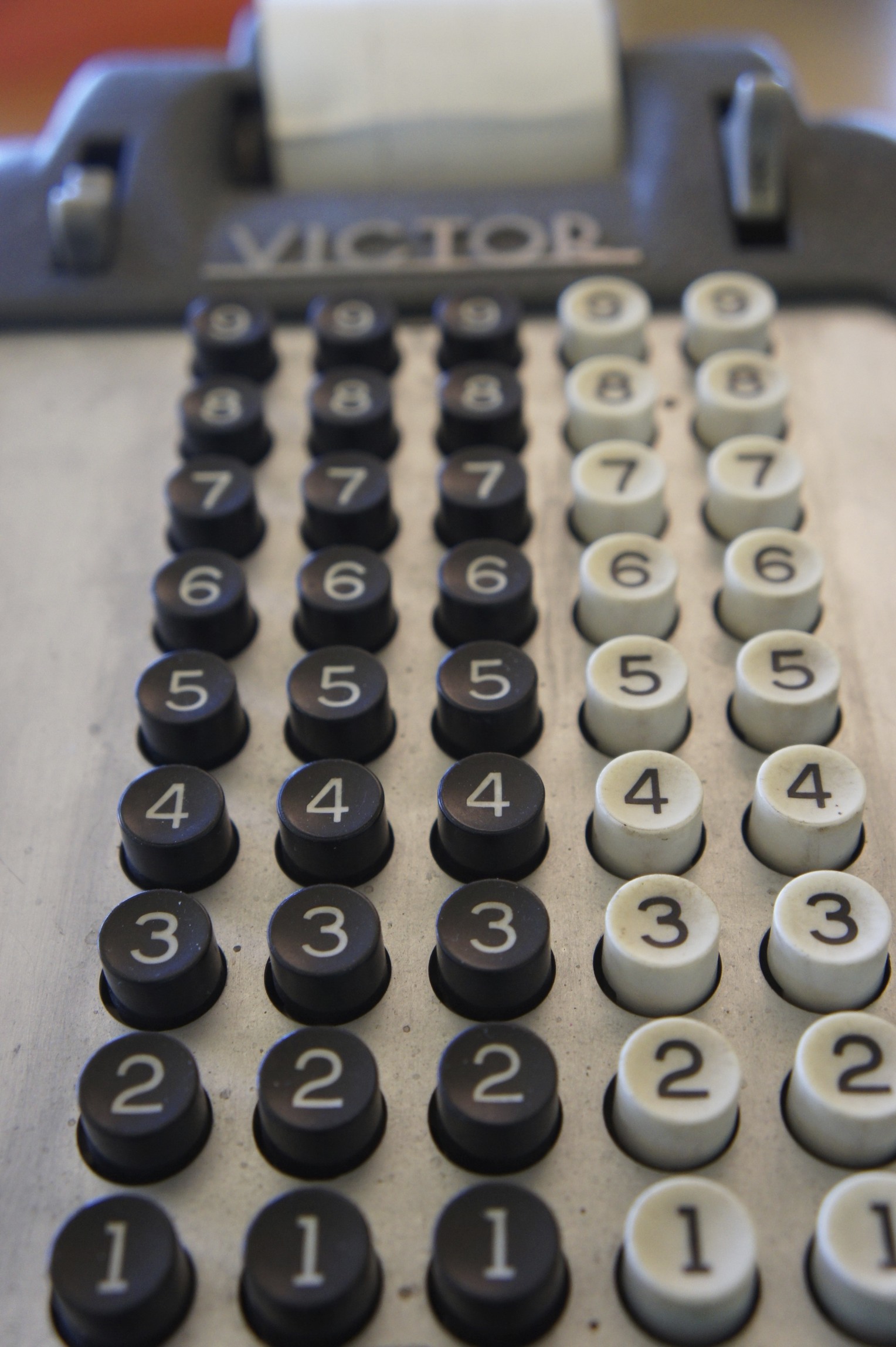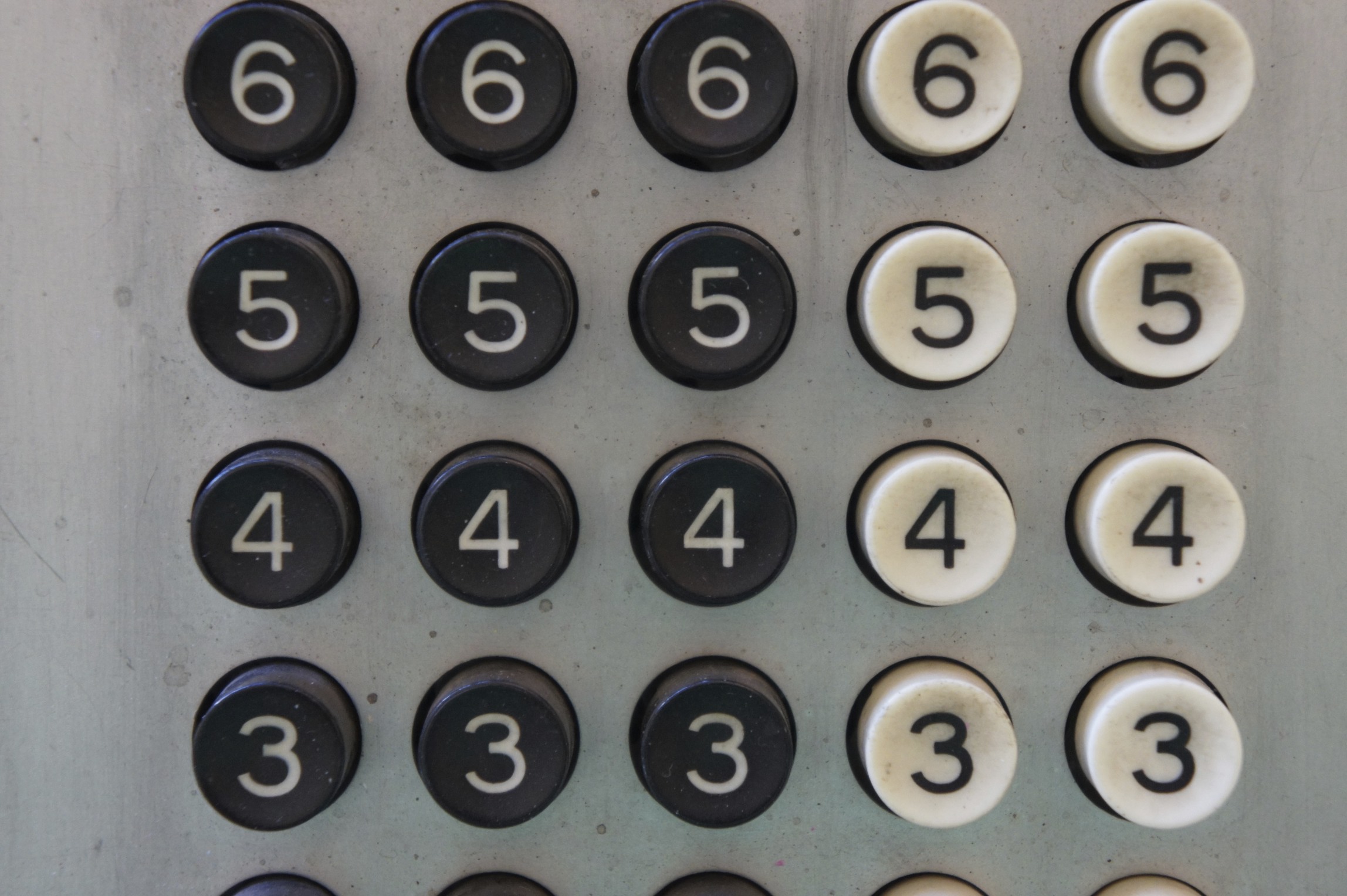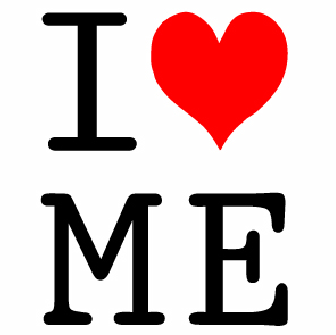 One of my favorite posts floating around online about customer service is from Sonia Simone titled "50 things your customers wish you knew".
One of my favorite posts floating around online about customer service is from Sonia Simone titled "50 things your customers wish you knew".
It is quite the opposite of what many business books teach and tout about mission statement, features and benefits etc.
The full list of 50 can be found here. I left 25 or so that I know my commercial investment real estate clients certainly represent. No insults intended; just a bit of psychotherapy.
Client speaking/thinking:
1. I don’t need you to be perfect, but I do need to know I can rely on you.
2. Telling me what you don’t know makes me trust you.
4. You don’t need to do all that much to be a superhero. Just do exactly what you say you will do.
7. I don’t mind spending the money, as long as I feel I’m getting real value.
8. My life is really stressful. If you can reduce that stress, you become immensely valuable to me.
11. My life is very complicated. If you make it easy for me to just buy a simple all-in-one package that I can use without learning anything, I’ll take it and be grateful. (I’ll even pay a premium for it.)
12. I want to trust you, but it’s hard for me to trust anyone.
13. Once you’ve won my trust and loyalty, the truth is you can screw up once in awhile and I will forgive you. If I don’t think you’re taking me for granted, that is.
15. I spend an awful lot of time being scared to death.
16. The wealthier I get, the more I like free stuff.
18. I’m lousy at admitting I was wrong, but I respect you when you do it.
22. Our relationship isn’t equal and it never will be.
24. I don’t have any interest in your excuses. In fact, I usually don’t notice them at all, and if I do, they annoy me.
27. I only like to communicate over the phone/Web/mail and I hate when you try to make me communicate with you over the mail/phone/Web.
28. I want to buy your product, but I need you to help me justify it to myself.
29. There’s something in my life I’m afraid of losing. If you can make me feel like you’ve protected it for me, my gratitude will be intense and eternal.
31. I want you to do the hard work for me. Even better if I can get all the credit.
34. I have the attention span of a goldfish. Go too long without contacting me and I’ll simply forget you exist.
35. Money is no object when it comes to my obsessions.
38. It infuriates me when you answer the phone while I’m talking with you face-to-face.
39. Embarrassment scares me more than death.
46. I want to tell you everything you need to know in order to sell to me, but I’m lazy. Make it easy enough and I will. (Especially if you flatter me a little.)
47. I don’t know what I want most of the time. You need to figure it out for me.
48. I mostly daydream about making life better for myself, but I’ll take action to keep from losing what’s mine.
49. I believe that most of what’s wrong in my life is someone else’s fault. Let me keep that cozy illusion and I’ll believe anything you say.
50. It really is all about me.
Yes, we are trained in business school to pitch ourselves and sell us and our product/service. Really it is not about the product service, it is about the customer/client.
Change the perspective from me to you; or maybe keep it on me (meaning you). Right? Got it?
credit: 50 Things Your Customers Wish You Knew | Remarkable Communication.

